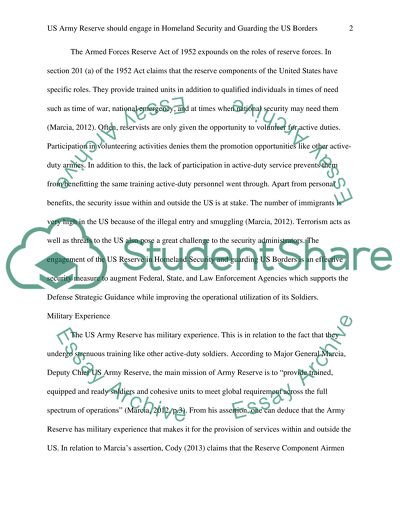Cite this document
(“US army reserve in Homeland Security Research Paper”, n.d.)
Retrieved from https://studentshare.org/military/1691498-us-army-reserve-in-homeland-security
Retrieved from https://studentshare.org/military/1691498-us-army-reserve-in-homeland-security
(US Army Reserve in Homeland Security Research Paper)
https://studentshare.org/military/1691498-us-army-reserve-in-homeland-security.
https://studentshare.org/military/1691498-us-army-reserve-in-homeland-security.
“US Army Reserve in Homeland Security Research Paper”, n.d. https://studentshare.org/military/1691498-us-army-reserve-in-homeland-security.


